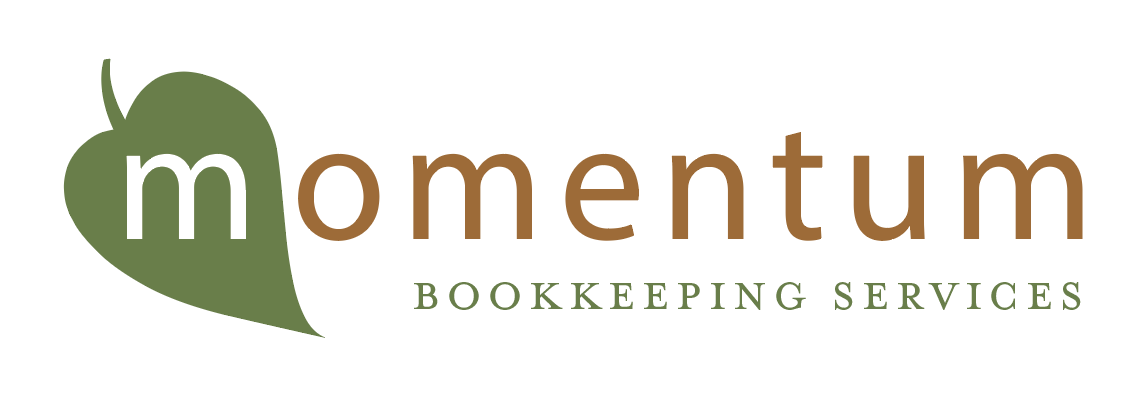Everyone wants insightful information from their Bookkeeping. Like anything else, the quality of that information will be directly proportional to the amount of thoughtfulness that went into preparing it. This is why PROCESSES are so important.
Simple books can almost create themselves. Money is spent; the transaction flows into your quickbooks online bank feed, and you tell it (oftentimes via a rule which you've set up in advance) where to post to and that's about it. If you paid rent, for example, QBO will recognize the transaction and post it to Rent Expense for you.
But what if you want more detail? What if you need to know more about the transactions that are occurring. What if you want to amortize prepaid expenses over time? What if you want to document all of your expenses by attaching receipts? What if you want to split transactions regularly into parts? All of these will require additional attention to detail by your bookkeeper and additional processes that must be followed contemporaneously in order to get to that level of detail.
PROCESSES can make the difference between great insight and a hot mess. Let's explore what a process is and how to implement it so that you get a great insight that you want and not the hot mess that no one wants!
First, envision your business. What do you produce, or what service do you provide? How do you acquire the materials that you need? From whom? What do you do with those materials? Where do they go in your organization? All of these people and all of these things should be organized into a streamlined process. The accounting data that goes with it will flow along this process until it reaches your bookkeeper. Starting with a flowchart of the people and their key responsibilities will help create your accounting workflow process. This chart may also include people outside your organization that work with you. For instance, where you buy your widgets; the accounts receivable person there is sending their bills to you. Maybe this person gets added to the flowchart because they send invoices on a particular day and then your staff person has to authenticate the data on that bill before it ends up in front of the bookkeeper. Map out how everything happens so it can be organized into your process.
Your process should flow from start to finish with information traveling from its origin (who sees it when it happens) to your bookkeeper for proper recording.
1. Identify a transaction: When does an economic transaction occur? When you make a sale, process a refund, make a payment to your vendor, request a product or service from a vendor... all of these activities create an economic transaction and all of these transactions end up in your bookkeeping. Depending on when you want these transactions recognized in your books will determine if you let these things happen with minimal effort (cash basis accounting with not a lot of detail behind it) or with more effort (tracking accrued revenues, matching expenses to the revenue, adding receipts or other data to the transactions, creating payables and receivables, amortizing prepaid, etc.)
Transactions are also not always monetary, either. If you open a new bank account, add a member to the business, change your address, file a DBA with your county, these occurrences need to be communicated to your bookkeeper as well. In fact, these should be communicated to your bookkeeper as soon as they become an IDEA, and not acted upon until you have discussed it with your bookkeeper. Many decisions of this nature will have a big impact on other areas such as payroll, business or personal income taxes, and other areas where the current setup that your bookkeeper is using will no longer be efficient or in some cases accurate with a new mechanism in place. Be mindful that the events of your business are worked into a process and that changing things can act as a giant wrench thrown into a properly working system.
2. Send the information to your bookkeeper: In order to record the transaction, the proper information must make its way to your bookkeeper. Sales data in your point of sale reports or invoices you need to create for services you have performed, copies of bills from vendors that you make purchases from, all need to make their way to your bookkeeper in a timely and dependable manner. Email is one way to send information, but many professional bookkeepers use document vaults that are easy for their clients to use to get that information to their bookkeeper efficiently and safely. If you need your bookkeeper to create source documents for you, then the underlying data needs to make its way to him or her. Time tracking reports, as an example, must get sent to the bookkeeper by the person who is responsible for that on your team, in order to be properly recorded in your books.
It seems very simple, but when you are busy running your business, it is easy to let processes slip to the backburner. When it is time to meet with your bookkeeper about how the business did for that period, the information is not ready, and that creates a loss of efficiency that could have greatly assisted your business in improving. Part of your processes should be implementing tools that help you stay on track.
For example, a project management tool (you can create recurring tasks in many calendars if you don't want to spend money on a software) that helps remind you of tasks that go into your process are instrumental in keeping the workflow going. This also helps adjustments to your workflow go as seamlessly as possible when new team members are added, or existing team members leave. Documenting things creates a way to build security into the process.
Creating these workflows can feel like an overwhelming project in and of itself, and we can help you come up with a workflow that will assist you in being as efficient as possible while getting the level of insight that you need from your data.



